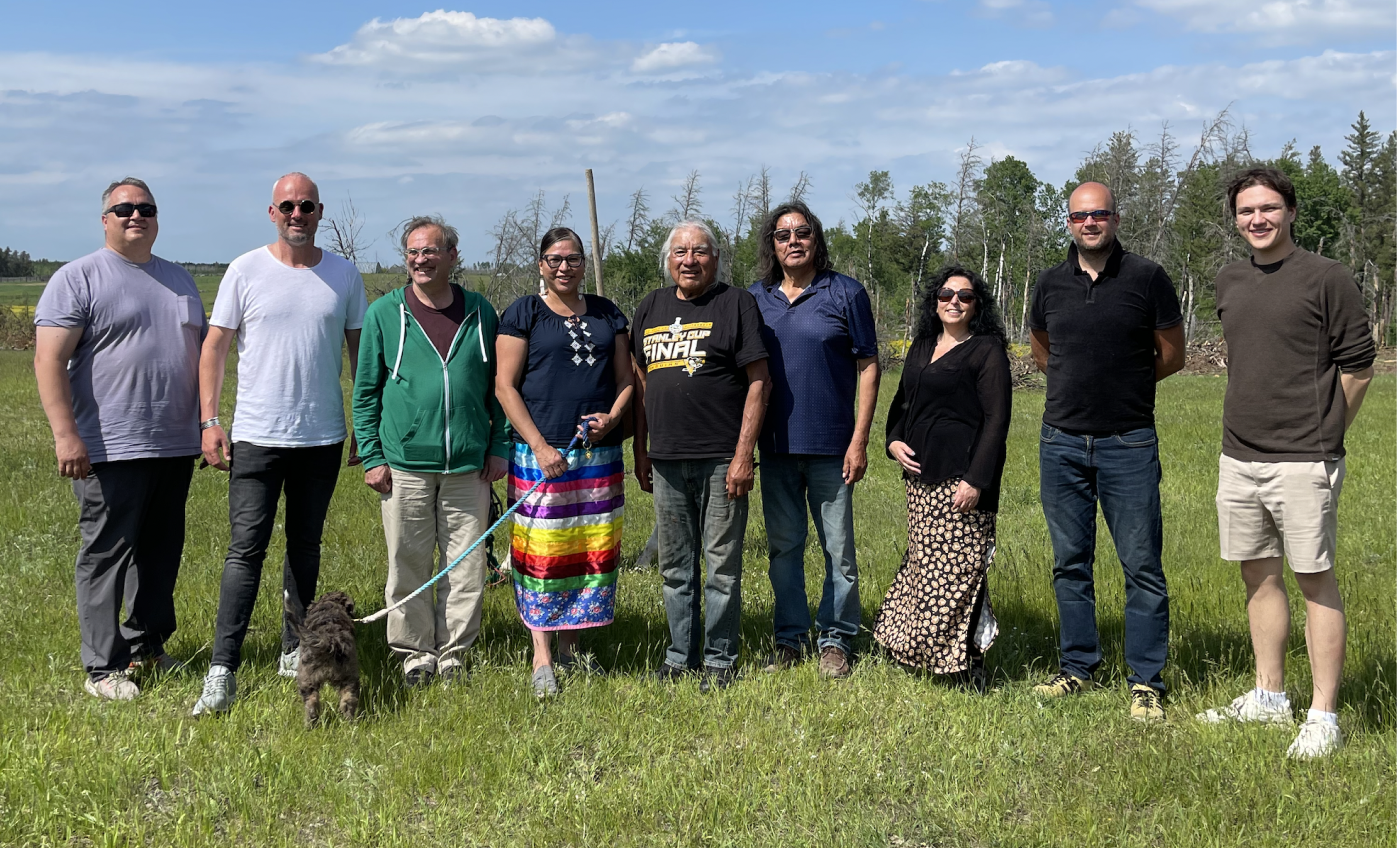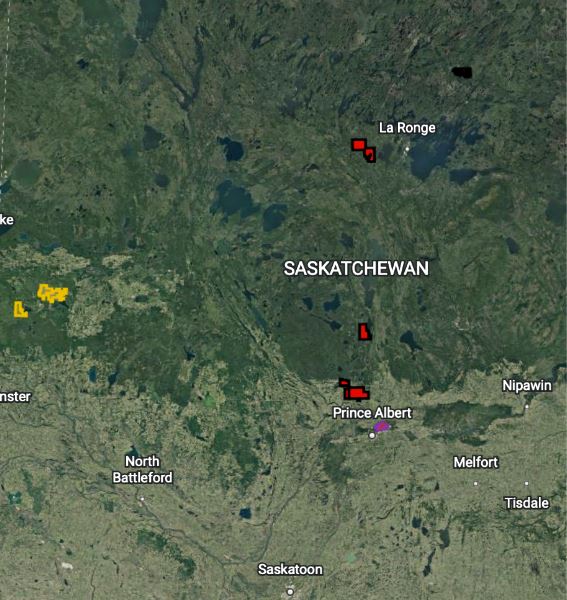
This February 2023 One Tribe met with our team members from the Wahpeton Dakota Nation to discuss the development of ‘One Tribe Indigenous Carbon’ – a carbon platform consisting of Indigenous-owned carbon projects. The meeting focused on the importance of Indigenous Peoples’ involvement in carbon offsetting programs and the role that these projects will play in the future for mitigating climate change.
One Tribe has raised the importance of working with Indigenous communities to establish carbon projects that promote both sustainable and cultural values, while supporting businesses to offset their carbon output. The development of ‘One Tribe Indigenous Carbon’ aims to provide Indigenous communities with the tools and resources needed to create their own carbon offset projects within the forestry sector.
By supporting the development of Indigenous-owned carbon projects, One Tribe seeks to empower Indigenous communities to participate in the fight against climate change while preserving their cultural heritage. As a business we recognise that Indigenous knowledge and practices play a vital role in protecting the environment and addressing climate change.
During the meeting, Wahpeton Dakota Nation Chief Cy Standing and fellow community members shared their perspectives on carbon offset projects and the challenges faced by Indigenous communities in participating in these programs. Particularly that Indigenous communities are being taken advantage of in the unregulated sector, with complex deals for carbon rights that can last up to a century, and communities being pushed out of their lands for project space and ownership.
“The land has always been important because of our spirituality. Our parents taught us that we are connected to the earth, and that it’s our responsibility to take care of the earth. Our ceremonies and prayers are dedicated to the land and every living creature. That’s instilled in us as Dakota people.”
Wakanya Najin (Cy Standing) – Elder Chief, Wahpeton Dakota Nation
The exchange of ideas and knowledge was a crucial step towards recognising the developments needed to improve the current state of carbon offsets and nature-based offset solutions in existing development.
During the meeting, both parties discussed the potential for Improved Forest Management (IFM) offsets as a means of protecting and conserving forests more effectively, especially in regions across Canada. IFM offsets involve the implementation of sustainable forestry practices such as reducing deforestation and degradation, increasing carbon storage, and improving the overall health of forests. The development of IFM offsets creates a financial incentive for forest conservation and management that could provide Indigenous communities with the opportunity to generate their own revenue while respecting Indigenous Peoples ancestry and promoting sustainable land use practices.
Being based in Canada, the Wahpeton Dakota Nation has access to some of the world’s largest forests, covering almost half of Canada’s land area. These forests play a crucial role in mitigating climate change by sequestering carbon dioxide and other harmful greenhouse gas emissions from the atmosphere.
During the meeting, One Tribe discussed alongside their Indigenous board members the importance of protecting and conserving Canada’s forests as a means to improve the current state of nature-based climate solutions. Wahpeton Dakota Nation members discussed the current state of IFM opportunities currently available to develop across Canada that would be governed by First Nation leaders and local forestry experts. The meeting also focused on the progress of carbon offset projects across Canada lead by One Tribe and their Indigenous team members. These projects will be unique in that they will be owned and governed by Indigenous peoples, with the aim of promoting Indigenous sovereignty and providing economic opportunities for First Nation communities.

The meeting was an opportunity for the team to share their insights and collaborate on the development of these initiatives, which will support both environmental conservation and community development. One Tribe is committed to working with Indigenous peoples to empower them to play a leading role in environmental initiatives and support their efforts to build sustainable, equitable futures.
The Wahpeton Dakota Nation shared their traditional knowledge and practices of forest management, highlighting the importance of preserving the forests’ ecological and cultural significance. The exchange of ideas and knowledge between One Tribe and the Wahpeton Dakota Nation provides a foundation for the development of sustainable forest management practices that recognise and respect Indigenous rights and values from the beginning of a project to the end. Together, we aim to create a pathway towards a sustainable and equitable future that balances economic development with environmental and cultural preservation.
One Tribe is grateful to be working with the Wahpeton Dakota Nation to develop One Tribe’s Indigenous Carbon Platform. Our meeting demonstrated the importance of enhancing the quality of existing nature-based offsets, while supporting Indigenous communities in taking ownership of their own carbon projects.
Both parties discussed opportunities for the development of Improved Forest Management offsets as a means of protecting and conserving Canada’s extensive forest cover. The exchange of ideas and knowledge between One Tribe and the Wahpeton Dakota Nation sets the foundation for better socio-economic opportunities within Indigenous communities. Working alongside the Wahpeton Dakota Nation One Tribe aims to create a more equitable and sustainable future that helps businesses to offset their carbon emissions and support Indigenous communities.
one tribe canada, otic, canadian conservation effrots, indigenous canadian communities, indigenous led carbon projects, carbon offsetting projects in canada, forest conservation canada
One Tribe is a Climate Action Platform enabling businesses and their customers to make a positive environmental impact.


Eric currently works as an independent consultant at the intersection of nature and climate, focused on catalysing market and non-market solutions to drive the just transition.
He previously was Head of Product at Earthshot Labs, supporting nature conservation and restoration projects across the global south secure project finance. Prior to Earthshot Labs, Eric led nature-based carbon project development for Gorongosa National Park in Mozambique and founded the Carbon Cooperative, a global alliance of leading nature conservation and restoration practitioners exploring carbon finance. After serving in the Peace Corps in Mozambique out of university, he spent much of his 20s working in community-based conservation and ecosystem restoration efforts in Sub-Saharan Africa interspersed with two startup ventures as co-founder and CEO of a mental health tech startup and COO of a sustainable coffee company. Eric has a dual Masters in Environmental Engineering and Environmental Policy from Stanford University where he was a NSF Graduate Research Fellow and a BS in Environmental Engineering from Tufts University.
Alan is a risk management thought-leader, superconnector, and FinTech pioneer. His mission is to enable an Earth Positive economy which includes nature in global accounting systems.
Alan is Founder of Generation Blue, a venture studio dedicated to planetary game changers powered by exponential technologies. Previously, Alan established Natural Capital Markets at Lykke AG, pioneering blockchain based forestry and carbon backed tokens. Alan has over two decades of risk management experience advising global financial institutions, and was a founding member of the RiskMetrics Group, a JPMorgan spin-off. Alan is an investor and advisor to regenerative impact ventures, including TreeBuddy.Earth, Regenativ, and Vlinder Climate.
Lori Whitecalf made history when she became the first woman to be elected Chief of Sweetgrass First Nation in 2011. She served three terms of office from 2011-2017.
Lori took a two-year hiatus from leadership to expand the family ranch and serve as the FSIN Senior Industry Liaison. She was re-elected on November 29. 2019 and again on November 30, 2021, as Chief of Sweetgrass. Chief Whitecalf practises a traditional lifestyle of hunting, fishing and gathering. She currently sits on the following boards: Saskatchewan Indian Institute of Technology, FSIN Lands and Resource Commission, Battle River Treaty 6 Health Centre and Battleford Agency Tribal Chiefs Executive Council, FSIN Women’s Commission.
Tina is the Chief Business Officer for MLTC Industrial Investments, the Economic Development arm of the Meadow Lake Tribal Council. She has a diverse background of experience. Having spent 15 years as a municipal Chief Operating Officer, 20 years involved in Saskatchewan’s Health Authority Board Keewatin Yatthe and 9 years with Northern Lights Board of Education.
She continues as a Board Member with Beaver River Community Futures supporting small business development in her home region. Tina brings a wealth of experience in a variety of fields and many connections to the Indigenous communities of Northern Saskatchewan. In addition Tina holds a BA Advanced from the U of S, a Certificate in Local Government Authority from the U of R and is certified as a Professional Economic Developer for Saskatchewan and a certified Technician Aboriginal Economic Developer (TAED).
Tootoosis’ career spans 40+ years in HRM, political leadership, and Indigenous economic development, as a dedicated bridge builder and advocate for Indigenous causes.
As a key member of the Saskatoon Regional Economic Development Authority (SREDA) team since 2021, he develops strategies for the Truth and Reconciliation Commission final report and Call to Action #92.
He is a graduate of the First Nations University of Canada and a certified Professional Aboriginal Economic Developer. Spearheading various community initiatives while serving as a Chair of the SIEDN while directing ILDII and WIBF. Founder of MGT Consulting Tootoosis is based in Saskatoon, Treaty Six Territory.
Cy Standing (Wakanya Najin in Dakota) has a long and distinguished career including serving overseas as an Electronics Technician in the Royal Canadian Air Force, former Chief of Wahpeton Dakota Nation, former Vice Chief of the Federation of Saskatchewan Indigenous Nations (FSIN), past Executive Director of Community Development Branch of the Department of Northern Saskatchewan as well as an Order in Council appointment to the Federal Parole Board.
Mr. Standing has served as a Director on many Profit and Non-Profit Corporate Boards, including serving as a Director for Affinity Credit Union with assets of over six billion dollars as well as IMI Brokerage and Wanuskewin and is currently a member of the One Tribe Indigenous Carbon Board.